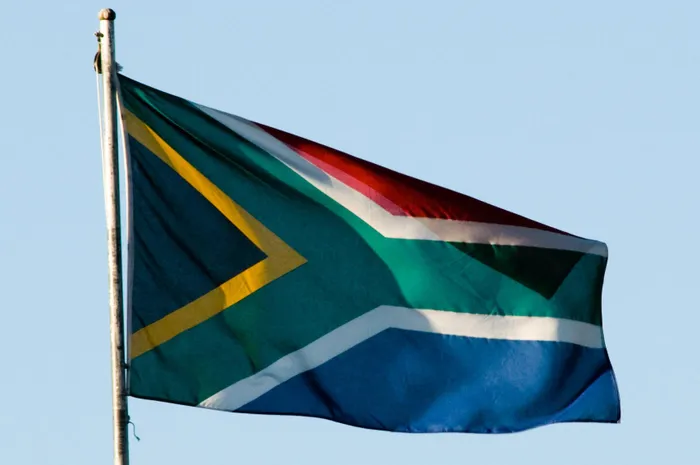
South Africa was first placed on the greylist in February 2023 because of lax controls to detect money laundering.
Image: Wikimedia Commons
South Africa’s removal from the greylist should make banking cheaper for ordinary South Africans because there is no longer the taint of being found to have deficiencies in anti-money laundering controls.
In a statement, Business for South Africa (B4SA) welcomed the news that South Africa has been removed from the Financial Action Task Force (FATF) grey list.
According to B4SA, being removed from the grey list will help “reduce transaction costs, enhance investor confidence, and improve the ease of doing business, particularly in the financial sector.”
The decision also “sends a clear signal to international partners that South Africa is committed to transparency, accountability, and global best practice”.
The association called it a major milestone that will boost confidence in the country’s financial system and help attract more investment.
The FATF announced on Friday that South Africa had officially exited the grey list, formally known as the list of “Jurisdictions under Increased Monitoring”.
The decision followed meetings of the FATF plenary held in Paris from 22 to 24 October 2025.
South Africa was placed on the greylist in February 2023.
“This is an excellent outcome for South Africa,” said Neal Froneman, chairman of Business Against Crime together with Mary Vilakazi and Jannie Durand, champions the Partnership’s Crime and Corruption focal area.
They added that “the initiatives underway to tackle crime and corruption are not only crucial for unlocking investment in the country but are also meaningful to the lives of ordinary South Africans.
Yet, B4SA cautions that there is more work to be done but, although what has been achieved so far again demonstrates the benefits that can be unlocked when the private and public sectors work together in the national interest.
National Treasury said government had “worked tirelessly to address all the deficiencies that were identified by the FATF” after South Africa was greylisted in February 2023.
It described the country’s delisting as “a major policy and institutional achievement for the people of South Africa, particularly following the weakening of key law enforcement and other institutions during the state capture era”.
The department congratulated all government agencies and departments “on the success of their individual and collective efforts”, and acknowledged the support of the private sector, international partners and the FATF’s Africa Joint Group.
“While exiting the greylist is an important milestone and a demonstration of South Africa’s commitment to rebuilding the rule of law, it is only the start of a broader process to continue to strengthen key institutions, improve enforcement and governance processes, and ensure that such improvements are sustainable,” Treasury said.
B4SA said the decision reflected “the extensive work undertaken by government, regulators, and law enforcement agencies to strengthen South Africa’s anti-money laundering and counter-terrorism financing framework.”
It noted that the reforms introduced over the past two years – including legislative changes, stronger institutions and improved oversight – show a clear commitment to protecting the integrity of the country’s financial system.
“Through the South African Banking Risk Information Centre, business is assisting the Directorate for Priority Crime Investigation to strengthen its digital and financial investigation capacity, including awareness and training initiatives that enhance understanding of financial systems and transactions,” B4SA said.
Within the Government Business Partnership, the Crime and Corruption focal area continues to support these efforts as South Africa prepares for its next FATF mutual evaluation in 2026.
The business association said “B4SA is proud of the team, led by the National Treasury, who helped South Africa achieve this outcome,” it said. “Maintaining this progress will be vital to ensuring that our financial systems remain robust, credible, and globally competitive.”
National Treasury added a note of caution, saying South Africa can’t afford to become complacent.
Both government and the private sector must continue to strengthen the system, it said, adding that future FATF assessments will look for measurable progress, including successful investigations and prosecutions.
IOL Business